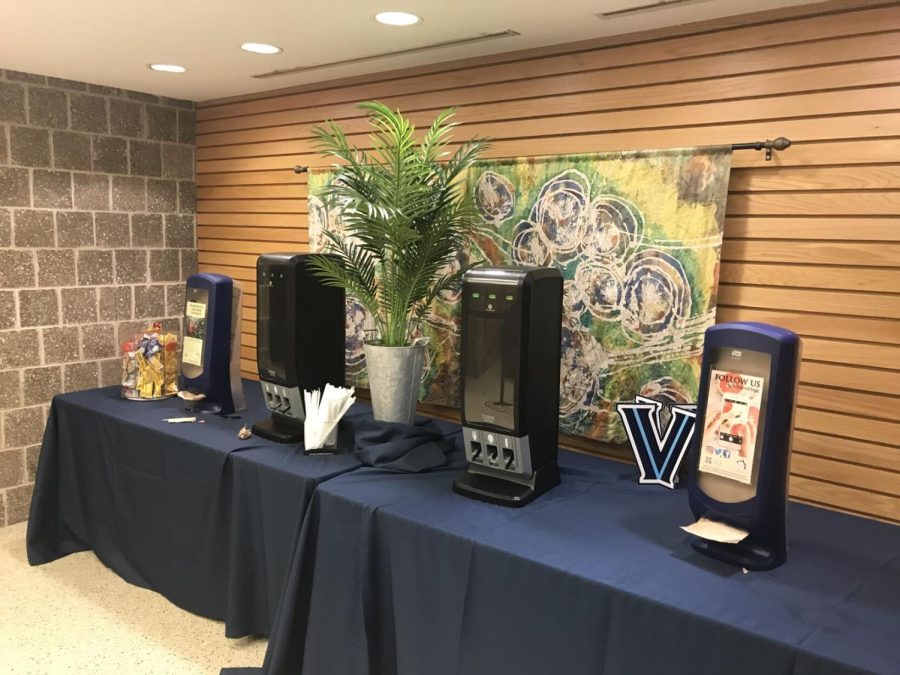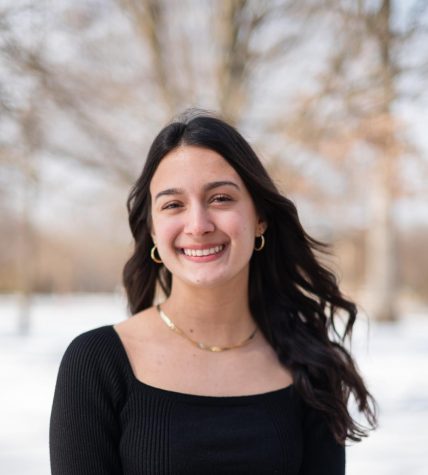Committing to Sustainability During COVID-19
Committing to Sustainability During COVID-19
August 26, 2020
The coronavirus pandemic, if nothing else, revealed to us that it is possible to make a dramatic change to our daily lives, especially if that change is urgent enough. The climate crisis has been raging for years. However, the United States has not taken necessary action to minimize the damage. As we attempt to live our lives during this pandemic, we have made the switch to a disposable culture. While this change may be necessary, there are avenues of one-use items that can aid the cause towards a sustainable future.
While doing a great job at providing a safe environment and taking necessary precautions to keep its students healthy, Villanova is falling short when it comes to its distribution of single-use containers and cutlery. The use of one-time food storage and utensils makes sense in limiting contact. However, the overwhelming choice of Styrofoam and plastic dining-ware is blind to the issue. While plastic may be recyclable, once the container is contaminated by food, it is no longer recyclable. In the event that a contaminated recycled container is placed in the recycling waste stream, it could render the whole load useless. A cardboard one-use container, while no longer recyclable once used, is biodegradable and will break down faster than its plastic counterpart.
Styrofoam, or polystyrene (a petroleum-based plastic), is harmful to both the environment and human health. Styrofoam is not biodegradable and is notorious for accumulating along coastlines and waterways around the world. Also, styrene, a foundational ingredient used in the creation of Styrofoam, is an EPA established carcinogen.
There are sustainable alternatives to both plastic and Styrofoam, but they were seemingly overlooked by Villanova. Compostable food packaging services exist and are being utilized by major corporations like Dunkin’ Donuts, proving that these alternatives can be put to practical use.
Earth has just passed 2020’s Earth Overshoot Day on Aug. 22, the imaginary point when humanity’s demand exceeds what Earth can regenerate in a year. From now until the end of the year, we will be borrowing, entering an ecological deficit as we use local resources that are meant for the future. We have the chance to push this date back by minimizing our own carbon footprint; however, it is extremely hard when students are forced to use damaging and unsustainable one-use food containers.
I appreciate Villanova’s efforts to keep students on campus, but please encourage the University to look deeper into its own ecological footprint. As students, we can help the cause by purchasing reusable cutlery and straws, properly recycling and minimizing our personal carbon footprint wherever necessary. As a nation, we can remember to vote on Nov. 3 for a candidate with climate change as a prominent issue.











